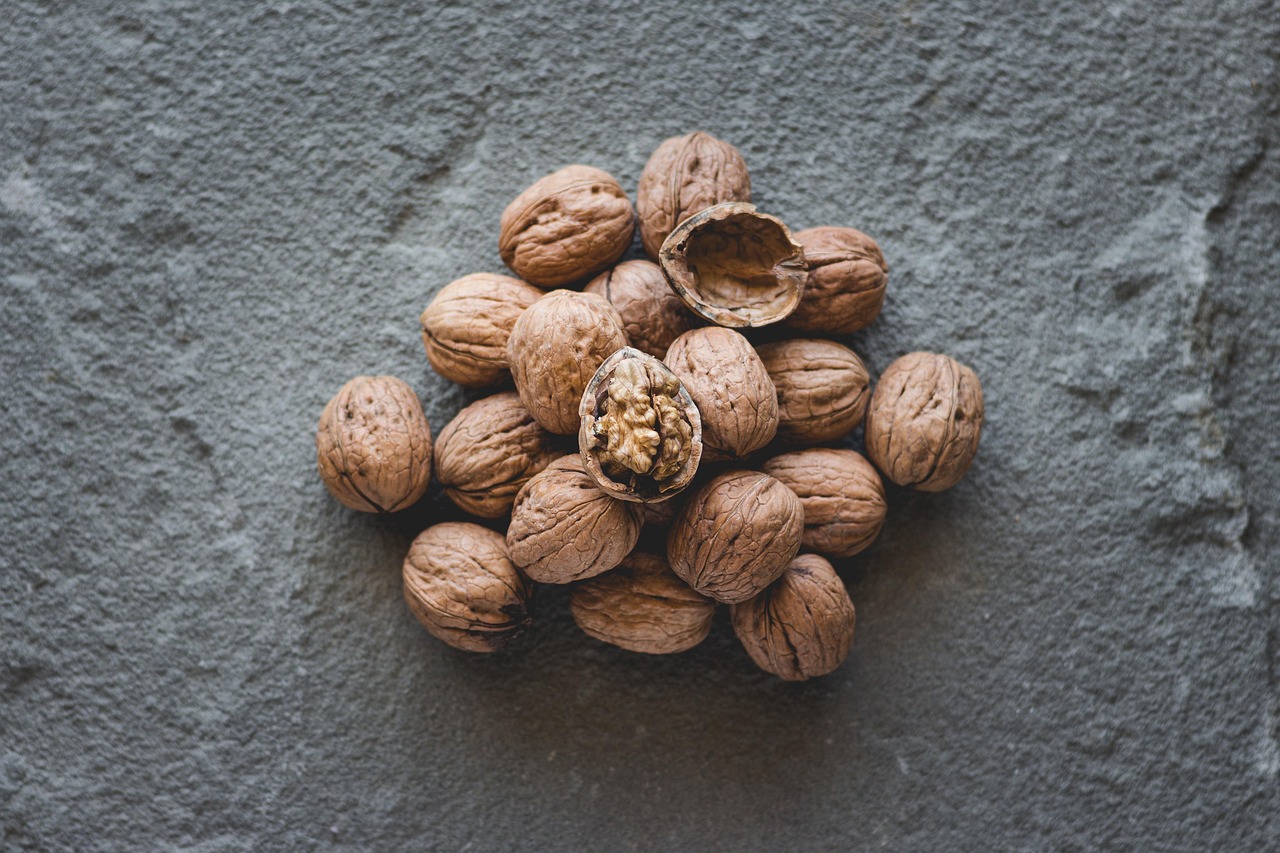“`html
In a world where fast food reigns supreme and processed snacks dominate our grocery aisles, the idea of clean eating offers a refreshing approach to nutrition and overall wellness. Clean eating emphasizes whole, minimally processed foods, putting an emphasis on ingredients that are as close to their natural state as possible. This way of eating not only promotes physical health but also encourages a mindful approach to food that can lead to a better relationship with what we consume. In this blog post, we will explore the principles of clean eating, its benefits, practical tips to get started, and how to maintain this lifestyle.
What is Clean Eating?
Clean eating is more than just a dietary trend; it’s a lifestyle choice centered around consuming whole foods that nourish the body. Here are some key aspects:
Defining Clean Foods
- Whole Foods: Foods that are unprocessed or minimally processed.
- Seasonal and Local: Emphasizes freshness and sustainability.
- Organic Options: Chooses foods without synthetic pesticides and fertilizers.
Food to Avoid
- Processed snacks (chips, cookies)
- Refined grains (white bread, pastries)
- Added Sugars: Sodas, energy drinks, and sugary breakfast cereals
- Highly processed meats (hot dogs, deli meats)
The Benefits of Clean Eating
Adopting a clean eating lifestyle comes with a myriad of health benefits. Here are the most significant advantages:
Health Improvements
- Weight Management: Whole foods are typically lower in calories and higher in nutrients.
- Increased Energy: Clean foods provide the energy needed for daily activities.
- Improved Digestion: Fiber-rich foods promote gut health.
Mental Well-being
- Better Mood: Nutrient-dense foods can enhance serotonin levels.
- Mindful Eating: Encourages awareness of food choices, reducing emotional eating.
Practical Tips for Clean Eating
Transitioning to a clean eating lifestyle can be challenging, but with these actionable tips, you can seamlessly incorporate clean foods into your diet:
Start with Your Pantry
- Remove expired or unhealthy options from your pantry.
- Stock up on whole grains (brown rice, quinoa).
- Incorporate a variety of beans and legumes for protein.
Plan Your Meals
- Meal prep at the beginning of the week to maintain healthy eating.
- Create balanced plates with protein, healthy fats, and lots of veggies.
- Experiment with new recipes to keep your meals exciting and diverse.
Clean Eating on a Budget
One common misconception about clean eating is that it is expensive. However, with the right strategies, you can embrace a clean diet without breaking the bank:
Cost-saving Tips
- Buy in bulk: Purchase grains and legumes in larger quantities.
- Grow your own herbs and vegetables: A small garden can yield fresh produce.
- Opt for frozen fruits and vegetables: Often just as nutritious as fresh and usually cheaper.
Choose Seasonal Ingredients
By consuming seasonal produce, you not only save money but also enjoy better flavor and nutrient density:
- Spring: Asparagus, peas, and strawberries
- Summer: Tomatoes, zucchini, and berries
- Fall: Squash, apples, and carrots
- Winter: Kale, brussels sprouts, and citrus fruits
Conclusion
Clean eating is not merely a diet; it’s a commitment to better health, sustainability, and mindful consumption. By focusing on whole foods and reducing processed options, you’ll not only enhance your physical well-being but also foster a deeper appreciation for the food you consume. By incorporating these tips and understanding the principles of clean eating, you can create a lifestyle that promotes long-term health and happiness. Start your journey to clean eating today and experience the profound impact it can have on your life.
“`



